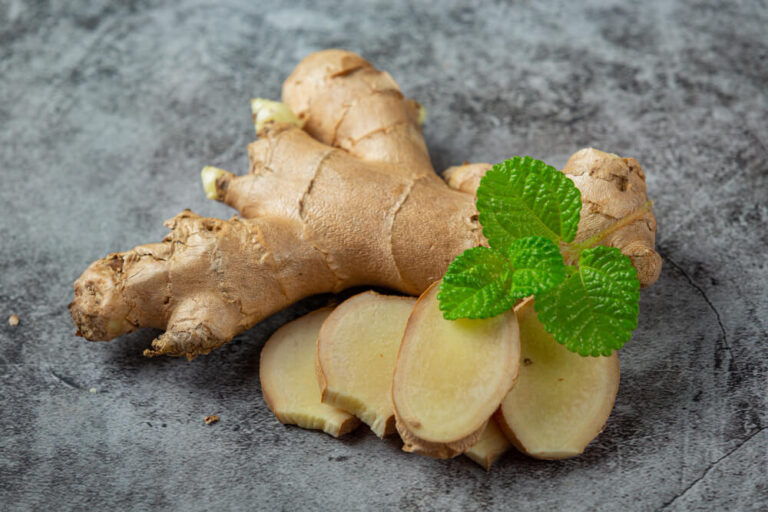The world is witnessing an unprecedented ginger shortage, leaving consumers and businesses alike grappling with its consequences. This blog post will explore the reasons behind this shortage, its impact on both consumers and the ginger industry, potential solutions, and when we might expect this ginger shortage to end. Let’s dive in and learn more about this ongoing crisis.
What is Ginger?
Ginger is a versatile and widely used spice, known for its distinct flavor and various health benefits. It is the root of the Zingiber officinale plant and is used as a spice in cooking, as well as for medicinal purposes.
Ginger is known to help with digestion, reduce inflammation, and aid in alleviating nausea and cold symptoms. With its increasing popularity, the demand for ginger has risen, leading to a shortage that is affecting the global market.
Is There a Ginger Shortage?
Yes, there is a ginger shortage that has been causing price fluctuations and limited availability in certain regions. The shortage is a result of various factors, including unfavorable weather conditions, decreased crop output from major ginger-producing countries, and an increase in worldwide demand for ginger and its byproducts.
Why is There a Ginger Shortage?
Ginger is a popular spice that is used in a variety of dishes around the world. However, in recent years, there has been a global shortage of ginger. Here are some of the reasons why there’s been a shortage:
- Increased Demand: Ginger is becoming increasingly popular around the world, and this has led to an increase in demand.
- Climate Change: Climate change has led to more extreme weather events, such as floods and droughts. These events have damaged ginger crops in many parts of the world.
- Pests and Diseases: Ginger crops are susceptible to several pests and diseases. These pests and diseases have caused significant damage to ginger crops in recent years.
The ginger shortage has significantly impacted consumers and the ginger industry. Consumers are paying more for ginger, and some restaurants have even been forced to remove ginger from their menus. The ginger industry has also been hit hard by the shortage, and many farmers have lost money as a result.
Ginger Shortage Impact on Consumers
The ginger shortage has significantly impacted consumers, with prices rising and availability becoming limited in certain regions. As a result, consumers may find it challenging to find ginger in their local grocery stores or may have to pay higher prices for the limited stock available.
Moreover, the shortage has led to a surge in the demand for ginger substitutes, further straining the supply chain.
Impact of the Ginger Shortage on the Ginger Industry
The ginger industry has been severely affected by the ongoing shortage. Farmers and producers are struggling with lower yields, leading to reduced profits and financial strain.
Furthermore, businesses that rely on ginger as a primary ingredient, such as food and beverage companies, are experiencing difficulties in sourcing the spice, leading to potential disruptions in production and delivery schedules.

Potential Solutions to the Ginger Shortage
Addressing the ginger shortage requires a multi-faceted approach. First, improving and diversifying ginger production methods can help increase yield and reduce the impact of adverse weather conditions.
Additionally, investing in research and development of alternative ginger sources, such as hydroponic cultivation, can help mitigate the shortage. Lastly, efforts to promote responsible consumption and reduce waste can help alleviate the strain on the global ginger supply.
When Will The Ginger Shortage End?
The ginger shortage is an ongoing situation, and predicting an exact end date is challenging. However, the situation may gradually improve as the industry adapts to the challenges and implements potential solutions. In the meantime, consumers need to stay informed about the ginger supply in their local areas and consider using substitutes when necessary.
Conclusion
The global ginger shortage is a complex issue with far-reaching consequences for both consumers and the ginger industry. As we continue to navigate this crisis, staying informed and adapting to the changing circumstances is crucial.
By working together and supporting innovative solutions, we can hope for a resolution to this shortage, ensuring that ginger remains accessible and affordable for all.
Also Read:


